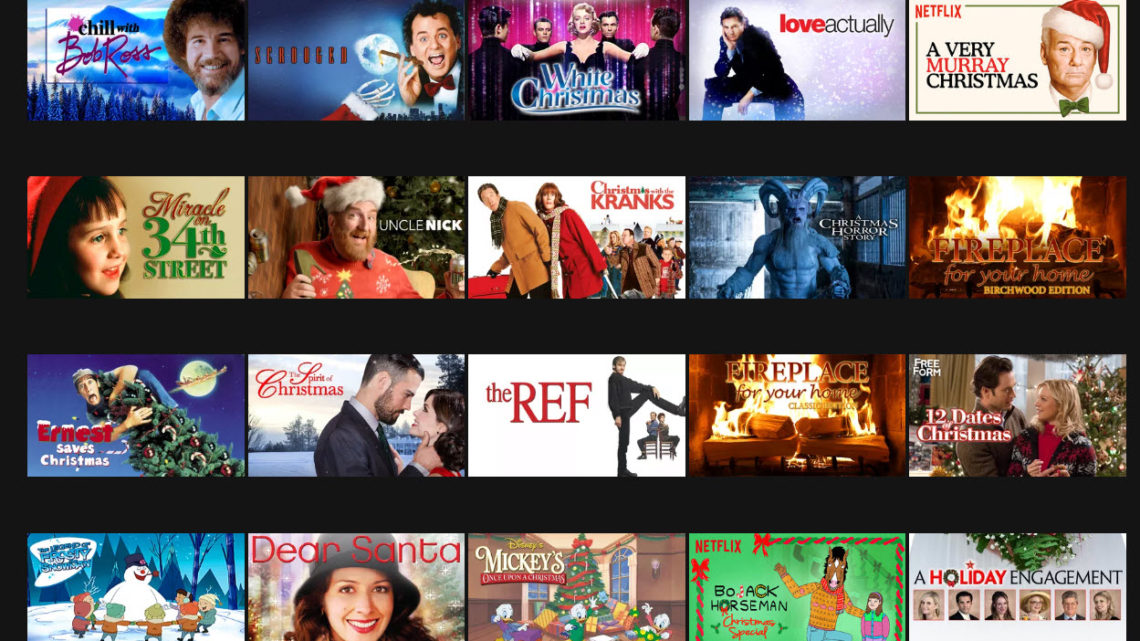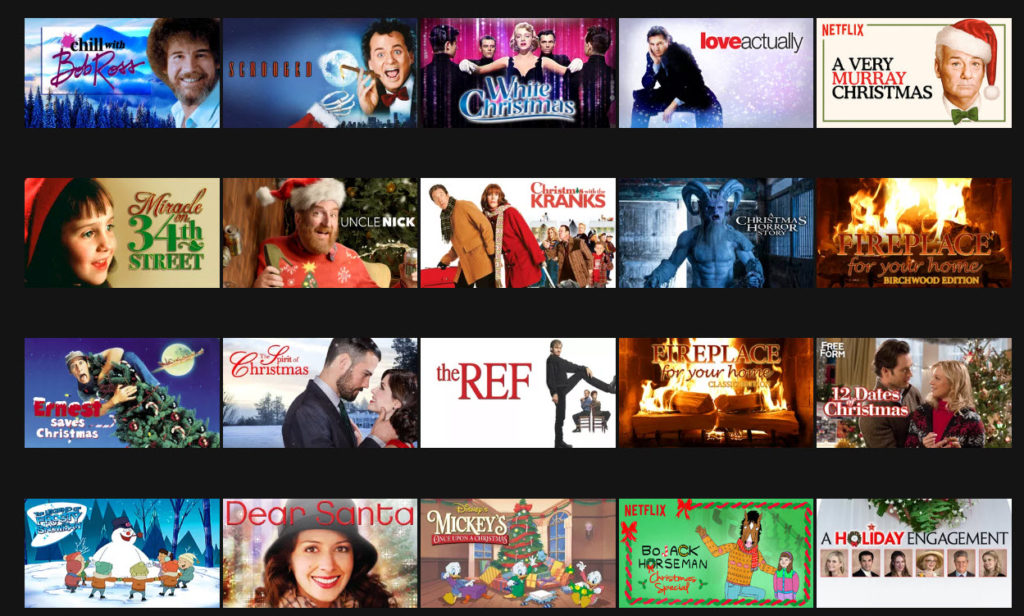
Done With NaNoWriMo? Take a Netflix Study Break
Like many of my friends, you may have just finished NaNoWriMo, or National Novel Writing Month, which (if you’re not familiar with it) is that glorious time of year when writers purposely impose upon themselves, right at the beginning of the holiday season, an insanely ambitious deadline to write an entire novel of at least 50,000 words in 30 days.
Yes, we are a little Looney Tunes.

So what do we do to reward ourselves at the end of this marathon journey? Crack open a bottle of bubbly? Book four back-to-back massage sessions just so we can recover from our month-long writer’s neck? Hire a welding service to come in with a blow torch because that is the only way to clean the floor of the hair-covered shower, the inside of nasty food-encased microwaves, or the bottom of those crud-crusted cat boxes?
No, my friends, I have a better idea.
Binge watch cheesy Netflix holiday movies.

Call it research. For what, you ask? For the revision of your steaming pile of NaNo droppings. Let’s face it. No one’s NaNo draft is going to wind up in print as is. After all, as Terry Pratchett said, “The first draft is just you telling yourself the story.”
Once you’ve told yourself the story, you need a roadmap for the plot. This is where the holiday movies come in. After a month of brain-on-fire writing sessions, those made-for-Netflix treacle-fests are perfect for decompressing, complete with spiked eggnog or hot cocoa, a snoozing cat in your lap, and one of those pine-scented soy candles providing a cozy glow. But they are also good for something else.
A lesson on plot.
Here’s the thing. We all know these movies are 98-100% predictable, so we don’t spend a lot of mental energy thinking about these films, which is why we gravitate toward them in the first place. That is precisely what makes them good for studying plot. It’s easy to figure out every plot point and layer it over any decent plot graph you might Google.
So grab your notebook, queue up the movie, and follow along.

Act I
- What’s the inciting incident?
- When does your MC have second thoughts about her goal?
- When does she recommit to her goal (the climax of Act I)?
Act II
- What’s the rising action?
- What is the first obstacle to MC achieving the goal?
- The next obstacle?
- How are the stakes increasing?
- What’s the big twist (the midpoint) of Act II?
- What is the third obstacle?
- What is the disaster that results?
- What is the crisis that comes from the disaster? (This crisis is the end of Act II.)
Okay, we’re in Act III and we’re on our way to the major climax of the movie. Things look like they can’t possibly get any worse for our hero and she can’t possibly get out of this jam.
- What’s happening in this moment?
- How does she turn it around? (And for the love of Santa, do not have someone else rescue her. She must have her own agency and figure this out for herself. I beg you.)
- What’s the climax of the story?
- Finally, what is the descending action, or the denouement?
There you have it, the perfect model for plotting your messy revision. And you got to sip spiked eggnog while you studied.


LOVE. (This. And you.)
Right back atcha, my little sugar cookie.
Oooh, I’m going to try this! Great advice, Jay!
Let me know how it goes, Kris!
Excellent, Jay. Great idea.
I had to come up with some kind of justification for my holiday bingeing, Ann! 😉
Your post caused me to realize that the scenes I’m currently writing for the end of scene II should really be in scene III. I think I’m avoiding the Dark Night of the Soul scene. Cut-and-paste is a wonderful invention.
Also this reminds me of going to see a remake of Jungle Book with my music major son. Afterward, I mentioned that I’d been analyzing the plot. He said, “I did the same thing with the music.” Education ruins a person.
There is a reason that “Ignorance is bliss” is still needlepointed onto pillows. Education does, indeed, ruin a person. I can never watch a movie or read a book without picking apart the plot!
The beginning (at least) of the Dark Night of the Soul scene was easier to write than I suspected. Thanks.
Do you think that’s because you have a different understanding of where the scene needed to be now? Or because you were simply more “ready” to write it? What helped you write a scene that could have been (and earlier had been) so challenging? (This also sounds like fodder for your OWN blog, Ann!)
Excellent, thanks!
You’re welcome, Kristin. I hope you have fun bingeing!